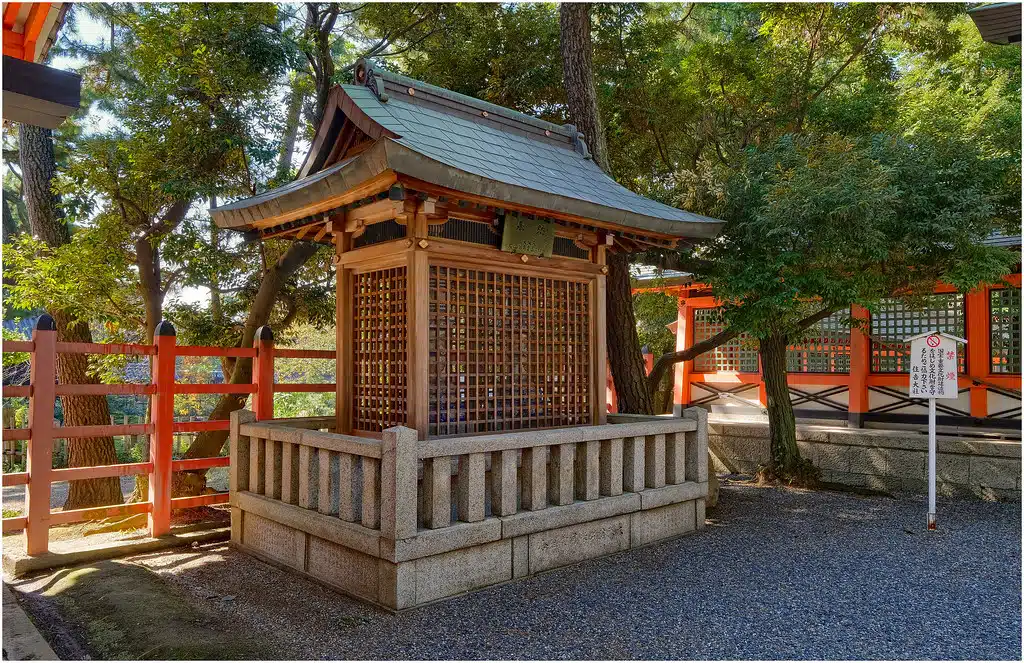Posted inQuestion about Japan
How long is a summer break in Japan?
Summer break in Japan typically lasts for around six weeks, from late July to early September. During this time, students are free from regular classes and have the opportunity to pursue other interests such as traveling, attending summer camps or festivals, watching fireworks displays, and enjoying outdoor activities like swimming and hiking. The Obon festival is an important event during summer break in Japan where families honor their ancestors and loved ones who have passed away. While summer homework is still required for many students, back-to-school preparations begin as the break draws to a close.








